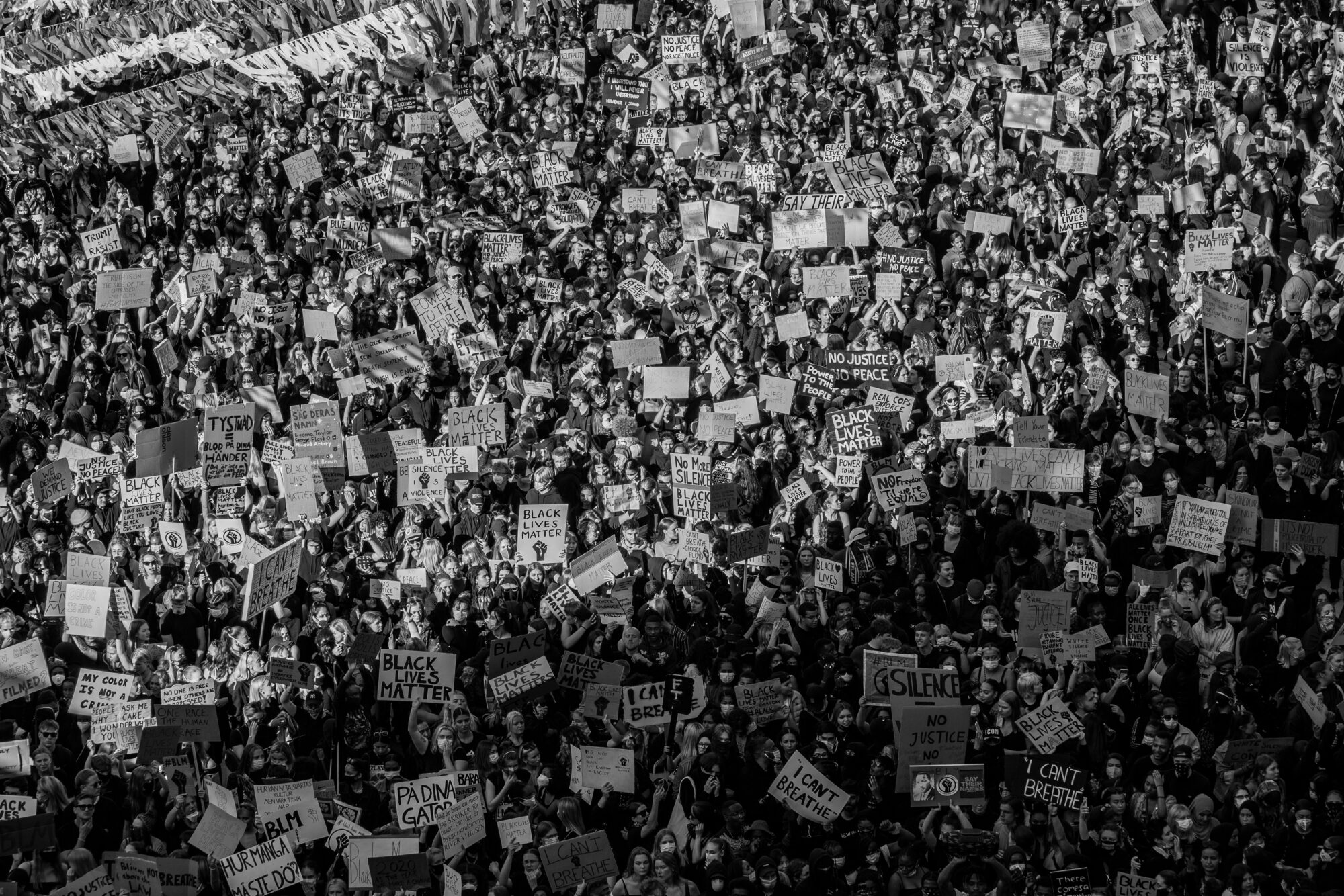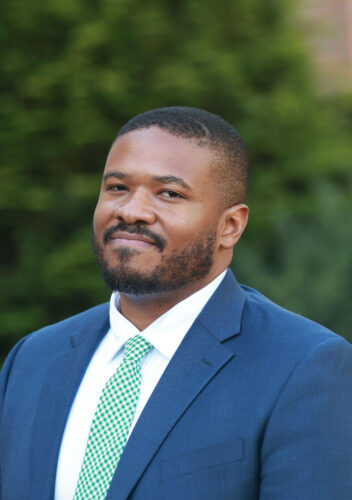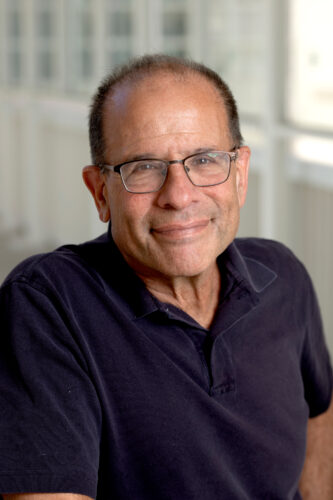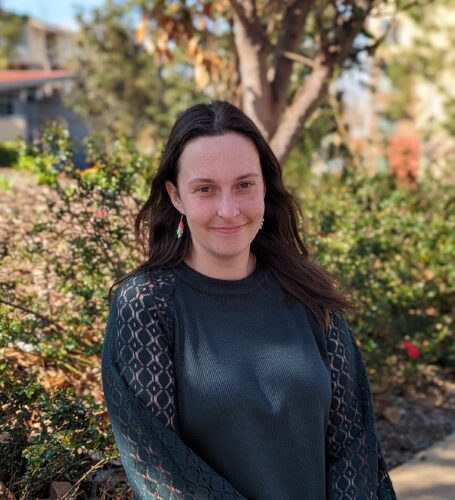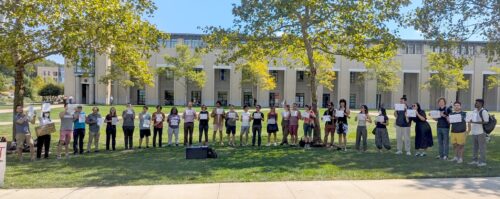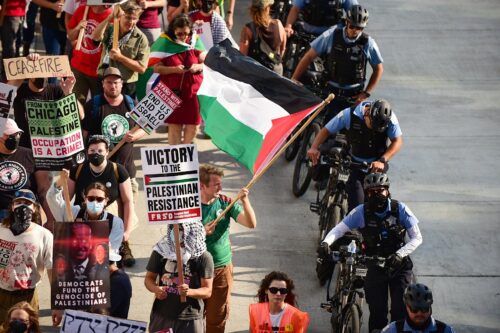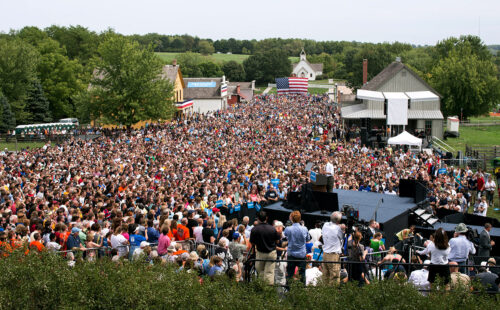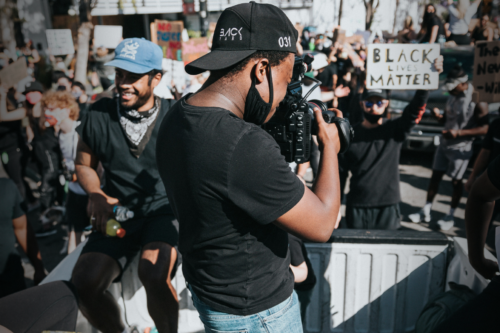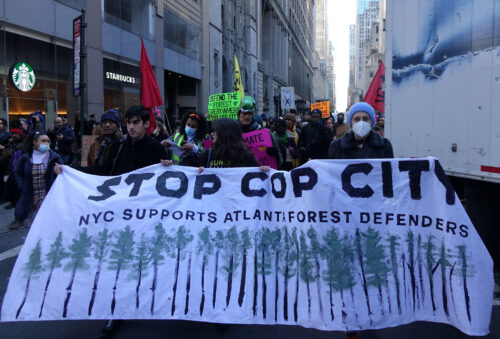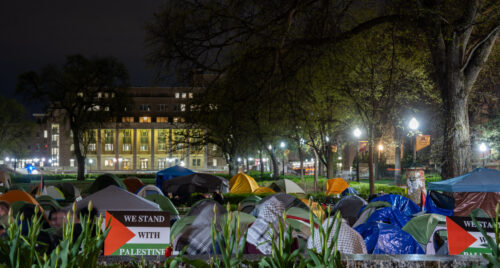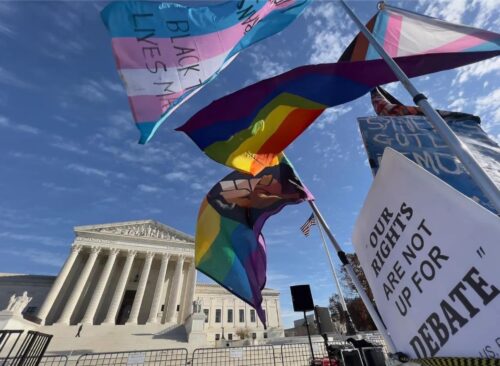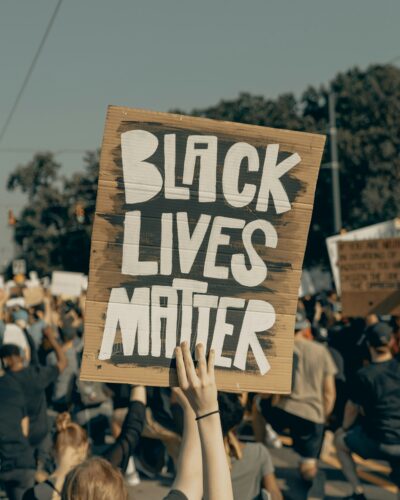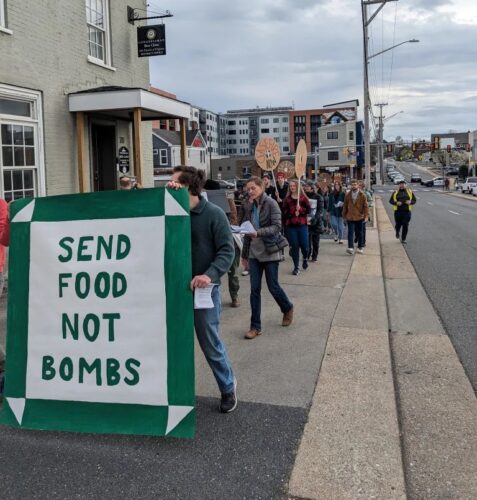
Matthew Cebul
Lead Research Fellow for the Nonviolent Action Lab, AY2025-2026
Understanding how nonviolent action can achieve democratic aims.
Crowd Counting Consortium, Nonviolent and Violent Campaigns and Outcomes Data Project, Women in Resistance Data Project
Nonviolent resistance movements defended democratic values and institutions throughout the 20th century and into the 21st. However, the trend seems to have shifted. Over the past decade, authoritarian backsliding has occurred across the globe, and mass movements demanding democracy have been defeated in about 90% of cases since 2010.
The Nonviolent Action Lab is an innovation hub for research on advancing democracy worldwide through civil resistance. The Lab produces and disseminates up-to-date knowledge on nonviolent action, how it works, global trends in success and failure, trends in political violence and state repression, and analysis of these trends.
“Authoritarianism is winning — particularly against pro-democracy movements. Movements need a new playbook for responding to these developments![]()
Erica Chenoweth
Frank Stanton Professor of the First Amendment
The AI and Democracy Movements Project explores the impacts of AI on the strategy, operations, and outcomes of pro-democratic social movements.
The new Nonviolent Action Lab Podcast brings you the latest research, insights, and ideas on how nonviolent action can — or sometimes fails — to transform injustice. Each week, Nonviolent Action Lab’s Jay Ulfelder welcomes experts from the field, scholars, organizers, and advocates to discuss nonviolent movements around the world. Find new episodes listed below, via Simplecast, or on your favorite podcast platform.
Lead Research Fellow for the Nonviolent Action Lab, AY2025-2026
Frank Stanton Professor of the First Amendment
Research Fellow, November 2025-April 2026
Democracy Visiting Fellow, AY2024-2026
Research Project Manager, Nonviolent Action Lab
Democracy Visiting Fellow, AY2024-2026
Democracy Visiting Fellow, Reimagining Democracy Program, AY2024-2025
Postdoctoral Research Fellow, Nonviolent Action Lab, AY2025-2026
Senior Fellow, AY2025-2026
Senior Research Fellow, AY2025-2026
Predoctoral Fellow, AY2025-2026
Research Associate, Crowd Counting Consortium
Podcast
In Episode 7 of the Nonviolent Action Lab podcast, host Jay Ulfelder sits down with Professor Paul Passavant to discuss Passavant’s 2021 book, Policing Protest: The Post-Democratic State and the Figure of Black Insurrection.
Commentary
Crowd Counting Consortium data show a resurgence of pro-Palestinian activism at U.S. colleges and universities as students have returned to school and started probing the limits of new restrictions on campus protests.
Commentary
As part of its regular work tracking political protest activity across the United States, the Crowd Counting Consortium (CCC) closely followed events around this year’s Democratic National Convention in Chicago.
Podcast
In this episode, host Jay Ulfelder sits down with Nonviolent Action Lab Research Fellow Freddy Guevara to discuss the outcome of Venezuela’s elections and what that means for the state of democracy in the country.
Commentary
This post uses the Crowd Counting Consortium’s data on U.S. protest activity since 2017 to estimate and compare the average size of the crowds at political rallies featuring Donald Trump, Joe Biden, and, since late July 2024, Kamala Harris.
Video
This webinar convened scholars and practitioners in a conversation about how to de-escalate and sideline election-related violence in the wake of the assassination attempt against Donald Trump.
Podcast
Host Jay Ulfelder sits down with journalists Talia Jane, Raven, and Sean Beckner-Carmitchel to discuss the impact of independent journalism on protest activity and social movements.
Podcast
Host Jay Ulfelder sits down with Joseph Brown, Associate Professor in the Department of Political Science at the University of Massachusetts Boston, to discuss a mass mobilization in Atlanta to stop a new a police training center amid environmental and community rights concerns.
Commentary
Crowd Counting Consortium data show more than 3,700 days with pro-Palestinian protest activity at over 500 U.S. schools since October 7, 2023, including encampments at more than 130 of them.
Podcast
In episode three of the Nonviolent Action Lab podcast, host Jay Ulfelder talks with two people at the heart of DC-area protests against the Supreme Court decision to overturn Roe v. Wade.
Feature
Imprisoned and now exiled for his opposition to the Venezuelan government, Guevara is working to stem the growing tide of authoritarianism.
Commentary
New Crowd Counting Consortium analysis from Nonviolent Action Lab Program Director Jay Ulfelder sets the record straight on arrests numbers and claims of violence stemming from protests sparked by the war in Gaza.
Podcast
In the second episode of the Nonviolent Action Lab Podcast, Désirée Weber describes what 1,300 days of protest and political pressure looked like in Wooster, Ohio in 2020
Podcast
Host Jay Ulfelder sits down with Professor Erica Chenoweth for the first episode in the new podcast series.
Commentary
The imminent famine in Gaza shows up in Crowd Counting Consortium (CCC) data as a sharp increase in references to hunger and starvation in protesters’ chants and signs.
